USA/Canada: 1-888-232-3813
UK: 0-800-051-7095
Germany: 0-800-182-6938
Brazil: 0-800-892-1291
France: 0-805-080-589

Updated October 4th, 2022
Dear Traveler,
We are very happy to announce that there are currently no travel restrictions in Chile.
Together with the above mentioned, it is mandatory to comply with the following requirements:
In case you have any questions, we will be happy to help you!
Best,
The Team at Cascada Expediciones & EcoCamp Patagonia
phone: +56 (2) 2923-5950 | LinkedIn
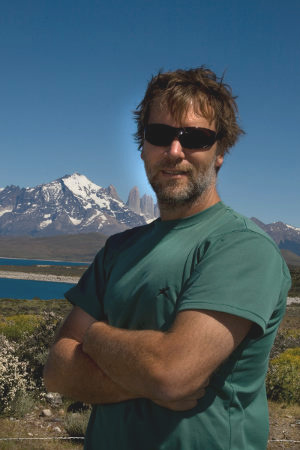
Confident and ready, Yerko braced himself to begin his kayak descent of the Maipo River. Having been kayaking a handful of times in flat water, he was sure that he had acquired the skills to be able to handle real white water kayaking. What had started as a simple elective subject earning him credit at university that year, river kayaking now had him so motivated that it was a mere detail that neither his teacher, nor him, nor the two friends accompanying him had ever kayaked in white water. The first of the three to go, Yerko paddled out into the rush of white water and away with the current he went... Fifty metres later the kayak had capsized and Yerko, with no idea how to do the Eskimo roll, was being swept downstream while frantically trying to breathe and stay afloat! About 2km later he managed to haul himself up onto the river bank, almost hypothermic, and lament the loss of his kayak. Needless to say the experience quelled any desire to get back in a kayak!
That is until three and a half years later, when Yerko recieved a call from university friend Javier López telling him about a professional kayaking teacher who lived in Cajon del Maipo. Her name was Nani Astorga, and unbeknownst to either of them she was to become the love of Yerko’s life (along with kayaking).
After classes from Nani and an instructor course, Yerko and Javier took to the rivers in the south of Chile and kayaked their way through beautiful scenery and pristine nature. Check out Yerko kayaking on the BioBio River between 1992-1996.
“The combination of remote nature and the physical and emotional challenge of kayaking left us in a state of harmony with nature and our companions at the end of each day. It was such a change from the urban life we were used to, and we realised that this sensation, this state of being, was something that was really changing our life for the better. And suddenly it came to us - People needed to feel connected to nature, and whatever business that gave people this sensation would probably be a successful one, one we could make a living from and give people a life-changing experience”.
And thus Cascada was born! Yerko admits the strangeness in the lack of planning, but that despite being an outcome-planning civil engineer by profession it really was a strong case of intuition. Intuition which paid off - Cascada enjoyed its early days as a small kayaking company from before expanding to include Rafting in 1993 and then Trekking in Torres del Paine in 1995.
The big question on Yerko’s mind was how they could make the most of Torres del Paine and provide accommodation which was resistant to the unrelenting wind and rain. Where could clients enjoy relaxing and sleeping after a long day trekking, which didn’t involve building damaging infrastructure?
“Javier had just returned from Africa, enthused by the safari tents used over there which were big, comfortable and even had bathrooms. We knew these tents wouldn’t last ten seconds in the Patagonian wind, but we kept thinking about how we could adapt the idea. One day a book of old photography fell into our hands, including photos of the ancient inhabitants of Torres del Paine, the Kaweskar, putting up semi-spherical tents insulated with guanaco skins. Soon after, again coincidentally, we came across a book about Richard Buckminster Fuller’s Geodesic domes. The dome idea suddenly clicked and we knew it would work...EcoCamp Patagonia was going ahead!”
The ‘eco’ part of EcoCamp came naturally - apart from the domes lending themselves to minimal impact on the terrain, Yerko had always envisaged eco-friendly accommodation in the park and dedicated himself to green technology implementation.
Despite eco-tourism being a relatively new concept in the world, certainly very unspoken of in Chile, Yerko had always been environmentally-friendly. “Being ‘eco’ was natural for me. As kayakists, Javier and I had seen the beauty and fragility of nature. We’d been witnesses to the whirlpool of development destroying river Bio Bio with dams. In addition, my wife Nani is very protective of nature and a lover of the earth, animals and all things organic. These two factors made me a defender of eco-tourism from the outset”.
Yerko is very proud of the international recognition EcoCamp has received for its policies. He feels very gratified to have been selected in National Geographic’s 100 Best Adventure Travel Companies two years running, having admired the magazine from an early age. Pushed to choose between all of EcoCamp's green awards, he says the environmental certificate ISO14001 awarded to Cascada in 2007 made him proudest. “The ISO14001 meant that we had achieved a goal we set ourselves a long time ago - It was possible, in a national park, to have a successful hotel which strictly protected the environment. It was no longer a theory, it was a reality.”
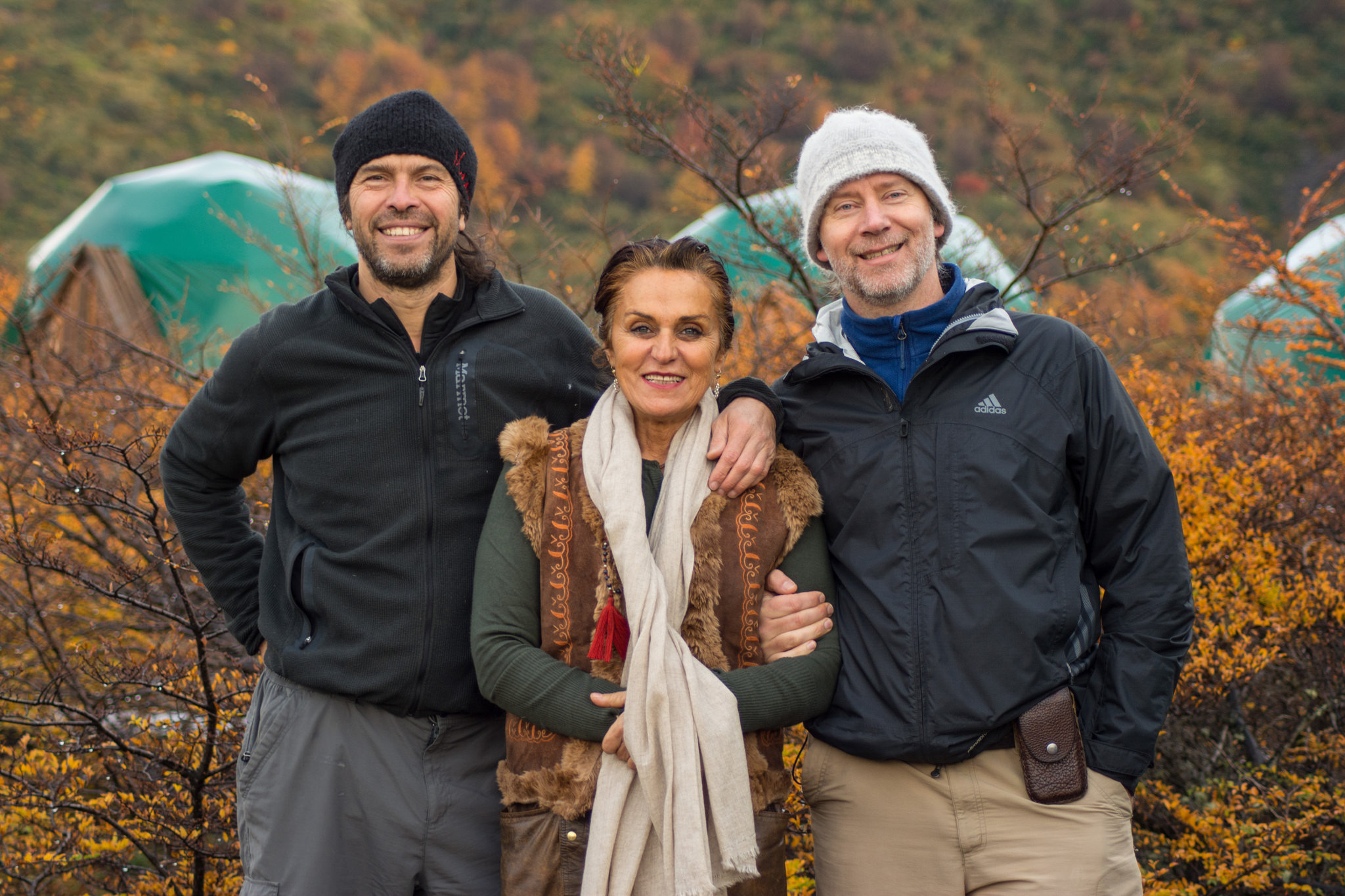
Yerko is passionate about travelling, discovering new places, meeting new people and trying new things. He wants everyone travelling with Cascada to feel the same thrill he feels every time he kayaks down a river, treks in Torres del Paine, or wakes up in a new place looking out at a magnificent landscape. For him, travelling is not necessarily about the place but about new realities which let you grow and connect with yourself and nature.
“I want our clients to feel that they’ve had a unique experience, one that they’ll never forget...If in 5 years someone asks them about Chile I want the first thing they remember to be the wonderfully intense dawn colours in Torres del Paine, which they enjoyed looking out at through their dome windows, the furious steam of the Tatio geysers in Atacama against the bright blue sky, or the day they realised they had the physical and mental power to complete that day’s trek, despite thinking they’d never be able to. If we manage to impart this sensation then I think you could say we’ve done a good job, that we’re contributing to making the world a better place in every sense, and that Cascada is an exceptional company”.
phone: +56 (2) 2923-5950 | Google+
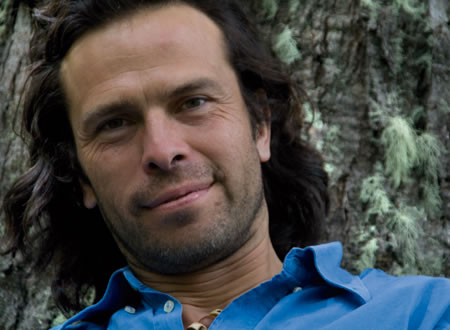
A civil engineer and trekking & kayaking enthusiast, Javier heads the sales and marketing team at Cascada and draws the design sketches for EcoCamp's Geodesic domes.
As an engineer of sustainable technology and someone personally and profesionally affected by the damming of Chile's Bio Bio river in the 1990's, Javier is passionate about stopping Chile's Mega Dam projects such as HydroAisen. Read his interview discussing the alternatives for energy in Chile and why it's imperative to look to other solutions which don't involve destroying Chile's beautiful landscapes and natural assets.
In June 2013 Javier was invited to participate in the SOFOFA Chilean Federation of Industry (a private, non-profit industry association founded in 1883) conference in Santiago talking about innovation in Chilean projects. The video (in Spanish) begins by presenting EcoCamp and showcasing its features and the reasons behind its innovative creation. Javier then talks about EcoCamp's replicas across Chile and Europe and how EcoCamp was created intentionally to be copied by other developers, with the aim of promoting low-impact, environmentally-friendly lodging in areas of wilderness (many EcoCamp replicas have unfortuantely copied only the design and not the sustainable tech features but at least they're still lower impact than a traditional hotel!). Javier ends by discussing the challenges faced in the creation of EcoCamp and the keys to a successful business strategy which include a fundemental cause you believe in, innovation (in the case of EcoCamp all of its green technology and composting bathrooms) and perseverance (banks and organisations aren't always willing to support new innovative ideas!).

Nani Astorga runs the Animal Refuge at Cascada de las Animas, a nature sanctuary in the Andes mountains close to Chile’s capital Santiago. The sanctuary is owned and managed by Nani and her family and the land has belonged to her family for six generations. The property officially became a nature sanctuary in 1995 following a highly publicised battle in the early 1990s between the Astorga family and the Chilean government who were supporting the installation of a huge pipeline through the heart of Cascada de las Animas to bring gas from Argentina to Chile.
Nani was instrumental in the fight against the Chilean government and the gas company and, along with her family, was defiant in her stance against the government whom she believed to be immoral in its prioritisation of profits over protection of natural resources. Nani knew that all of the land’s reforestation efforts, erosion control and wildlife reintroduction at Cascada de las Animas would be wasted if the pipeline was given the go ahead and so together with her family she held firm against the government. The dispute culminated in the forced police removal of peaceful protesters (including Nani) blocking the road to get to Cascada de las Animas, an event which attracted significant press interest and whose condemnation ultimately led to the gas company rerouting the pipeline around the Astorga’s land and the government naming the property a nature sanctuary.
The Astorga family endeavour to not only protect the land from harm but also to develop and implement conservation initiatives so the area actively benefits from their presence. Over the last 10 years over 30,000 trees have been planted in the sanctuary and many native flora & fauna species have been protected from harm.
Nani was introduced to white water kayaking in the mid 1980’s in Cascada de las Animas and after a brief training spell in North Carolina she returned to Chile as a kayak instructor on the Maipo river at Cascada de las Animas. It was here in the late 1980’s that she taught Javier Lopez and husband-to-be Yerko Ivelic how to kayak and soon afterwards the three of them formed the eco adventure company Cascada Expediciones, specialising in kayaking & rafting and later hiking expeditions. Through her work with Cascada, Nani took groups of tourists from North America and Europe to Chile’s most remote river spots, living by and promoting Cascada’s sustainable tourism goals.

In 2001 Nani, Yerko and Javier opened Chile and Patagonia’s first fully sustainable accommodation, EcoCamp Patagonia. EcoCamp was unique in its concept and environmentally conscious design, leaving no footsteps behind in the wilderness. While Javier sketched the geodesic dome design and Yerko installed the green technology (EcoCamp’s electricity is powered 100% by solar and hydro energy), Nani took on the responsibility of kitting out EcoCamp with locally designed furniture and locally crafted products from nearby town Puerto Natales. In addition she hand-designed many of EcoCamp’s unique features including curtains, cushions, blankets and napkins. She also helped hire staff from the local community and ensure quality training was provided. Nani remains a joint owner of EcoCamp and frequently visits to help wherever she can and ensure everything is running smoothly.
In 2003 Nani decided to focus her efforts on flora & fauna conservation back in Cascada de las Animas and opened Refugio Animal Cascada. The Refugio has three central aims - helping conserve the area’s biodiversity, providing a rehabilitation and reproductive centre for native animals including animals confiscated by Chile’s Agricultural & Livestock Ministry (SAG), and developing an environmental education plan for the local community.
To date the centre has received over 350 animals, ranging from mammals such as pumas & foxes and reptiles including snakes & tortoises to birds including owls, eagles and condors. Nani and her team care for the animals, providing the rehabilitation they need to be released back into the wild. It’s not uncommon for animals to be transferred to Refugio Animal after treatment elsewhere, as was the case with two black-chested Buzzard eagles who were found injured just outside of Santiago and after being operated on at a local zoo were taken to Refugio Animal for over a month of treatment and acclimatisation before being successfully released into the wild.
The centre is financed through of mixture of voluntary support and donations from Chilean companies. Budgets are low and more resources are needed to fully capitalize on the potential work to be done at the centre, with its ability to treat injuries and help animals acclimatise under Nani’s leadership.
The Refugio regularly welcomes groups of scholars, school or university aged, to teach them about the protection of wildlife and Chile’s native species. The aim of these visits is to educate and promote awareness of the importance of local flora & fauna protection as well as introduce the concept of ecotourism and its attributes to students. Nani also participates in local community meetings about the region’s ecotourism initiatives, using her experience in both Patagonia and the Chilean Andes to help develop concrete initiatives designed to protect Chile’s flora & fauna and ensure that future generations from Chile and the rest of the world can enjoy Chile’s biodiversity and wildlife-rich landscapes in the years to come.